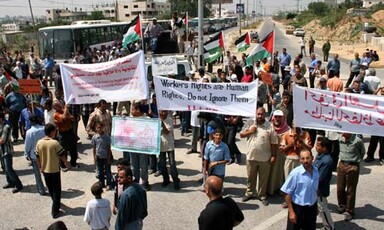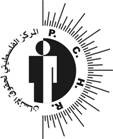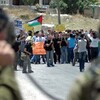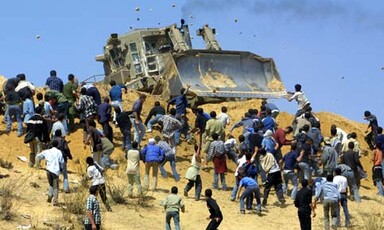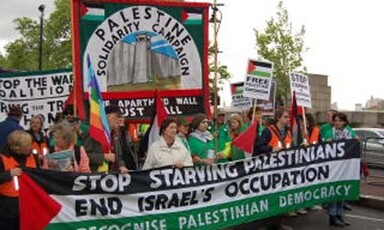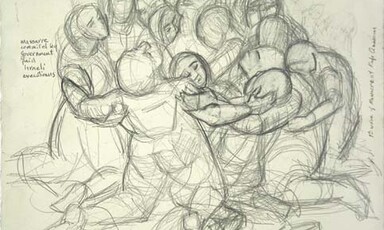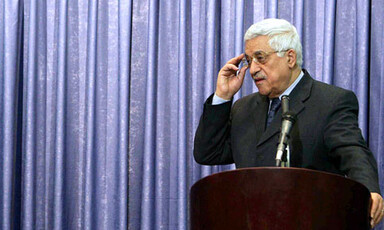
Dangerous dirty tricks in Palestine
6 June 2006
The referendum called by Palestinian Authority (PA) chairman and Fatah leader Mahmoud Abbas is supposedly meant to gain public endorsement for the creation of a Palestinian state alongside Israel in all the territories occupied in 1967, as set out in a plan agreed by senior Hamas and Fatah leaders held in Israeli prisons. But Abbas’ ploy has nothing to do with hastening the creation of such a state, and everything to do with Fatah’s inability to come to terms with its defeat in last January’s legislative elections. It is, says EI co-founder Ali Abunimah, another sordid attempt to use “democracy” not to reveal the will of the people, but to frustrate it. Read more about Dangerous dirty tricks in Palestine
